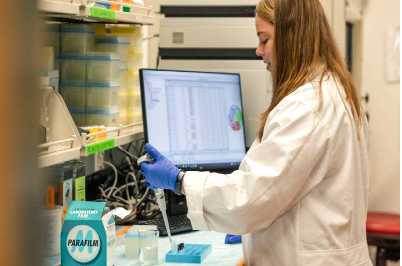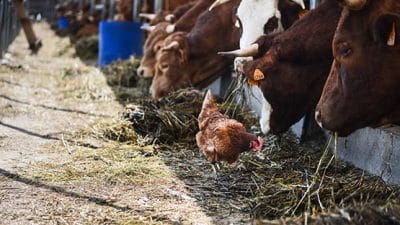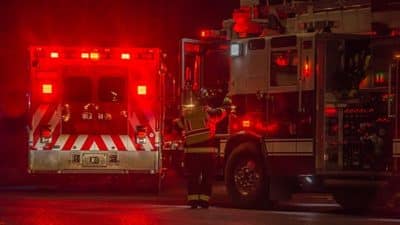
A traumatic experience in your life can often pivot you from victim to another role – advocate. In the case of Carly Norris, a doctoral student at Virginia Tech, she endured a head trauma as a teenager. Today, she is working to solve some of the complex issues surrounding blast-induced traumatic brain injuries.
In 2011, the Mechanicsville native suffered trauma that affected every area of her life. The diagnosis and treatment options fo her were unclear, and health care professionals weren’t sure what to prescribe as treatment. Norris had to relearn speech and motor skills.
One thing was clear: There was a need for solutions to traumatic brain injuries. Norris certainly wasn’t alone in her treatment uncertainty. Nearly 400,000 military personnel have suffered a traumatic brain injury. Nearly one third of them have experienced a blast event.
During her first year at Tech, Norris discovered blast-induced traumatic brain injury. After attending a presentation, Norris began research and narrowed her academic focus to biomechanics.
“Blast-induced traumatic brain injury is serious, and yet people don’t always know they experienced a trauma,” said Norris, a doctoral student in the Virginia Tech–Wake Forest University School of Biomedical Engineering and Sciences, housed in the Department of Biomedical Engineering and Mechanics (BEAM). “The stresses and the strains on the brain tissue are different from blunt-force trauma, but the injuries can still be progressive and lead to prolonged deficits.”
The pressure wave resulting from a blast or explosion can spread a long distance from the source. When this overpressure traverses over and through the body, a person’s organs, particularly the brain and lungs, are susceptible to injury. The pressure imposes strains on tissues and cells that can cause long-term deficits, especially if not addressed.
In the Traumatic Nerve Technologies (TNT) Lab, Norris examines each of the brain’s regions to determine which are more susceptible to blast-induced neurotrauma. She looks at which metabolites in the brain are most sensitive to those traumas, examining at what points in time and at what thresholds those metabolites change, and asks questions about what might be causing these changes.
Through her research, Norris hopes to identify strategies and technologies that both address and improve nervous tissue injury treatments and outcomes.
Under guidance as a master’s degree student, Norris created a structural brain template to normalize MRI scans in a 3D space. The template allows researchers to investigate brain diagnostics using MRIs and also facilitates brain diagnostics in pre-clinical settings. In 2021, her research was published in Neuroimage.
Norris continued using image analysis during a summer internship at the Orthopaedic Research Laboratory at Virginia Commonwealth University. Norris developed algorithms to train artificial intelligence to recognize pelvic features from CT scans. Doing so enables automatic diagnoses for patients with hip abnormalities.
Norris became vested in her work. After she graduated magna cum laude with her master’s degree in biomedical engineering in 2019, she felt compelled to continue.
“After creating the 3D brain template, I realized I wanted to use it, too,” Norris said. “I wanted to ask the additional questions this research brought up, I wanted to use my projects, and I wanted to see this through.”
As Norris works toward her Ph.D., she will continue her research on blast-induced traumatic brain injury as a recipient of the David W. Francis and Lillian Francis Research Fellowship, granted to students conducting research that emphasizes longer, safer, and healthier lives.
“This is very personal to me and very important,” said Norris. “I want to solve this problem.”










